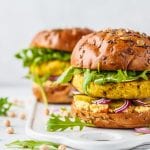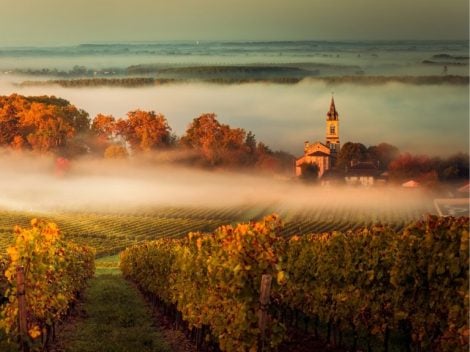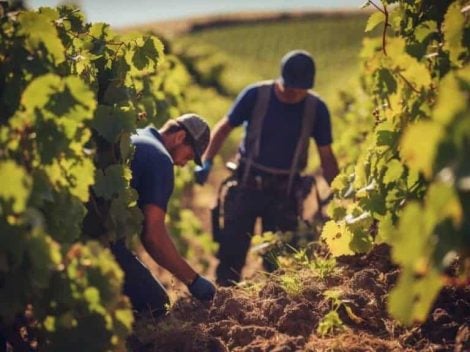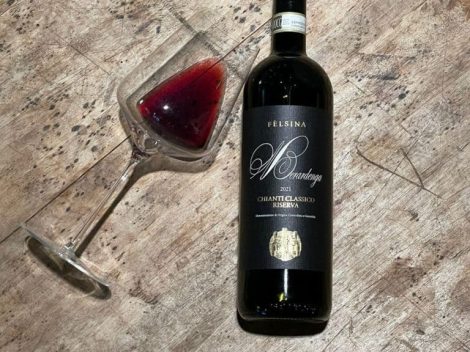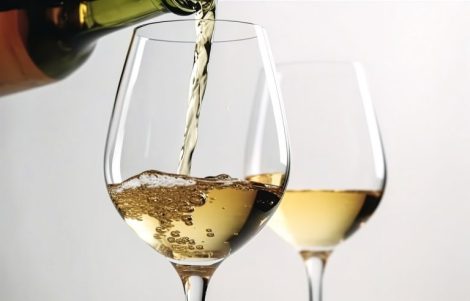The role of pubs in the UK
A meeting place for the people of the neighbourhood, a place to enjoy knock off with colleagues, as well as a place to sit down and have a hot meal during the lunch break: pubs in the United Kingdom have been true meeting spots for the inhabitants and a must for every self-respecting Englishman since the 15th century. During that period, the Public Houses – hence the abbreviation pub – began to officially appear on street corners as a kind of inn, where to find room and board. Today, they are the favourite destination for people of all ages and backgrounds, including tourists, who can discover the authentic English cuisine, still offered the way it used to be. Of course, some of them have been modernising over the years and turned into more sophisticated gastropubs, but the atmosphere of the old traditional inns has remained the same.
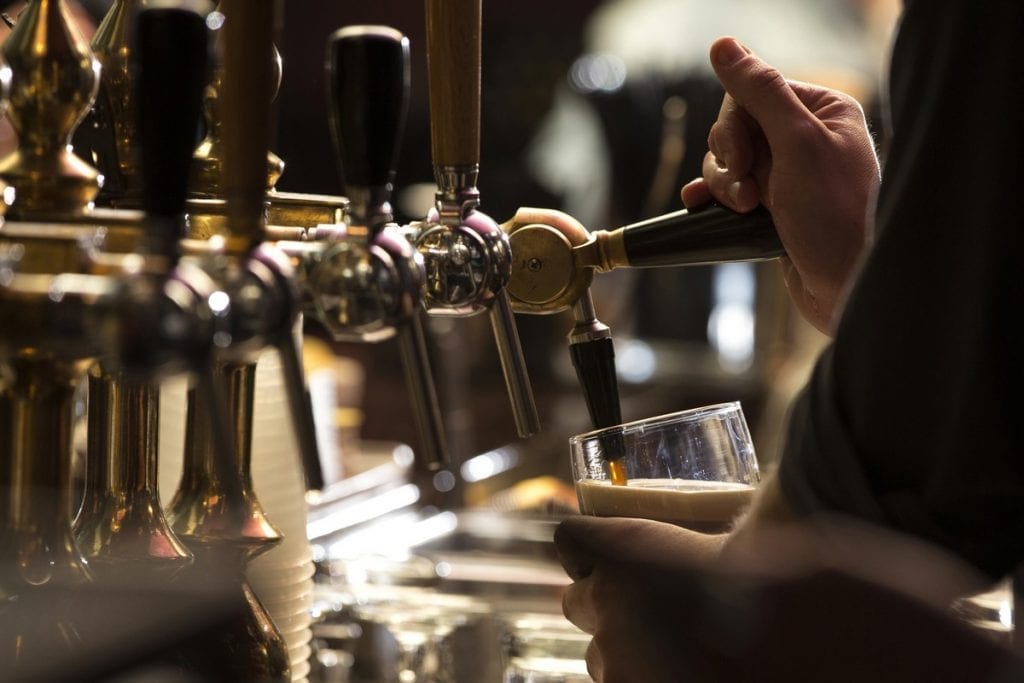
The origins of British pubs
The origins of British pubs date back to A.D. 43, when the Roman invasion brought along the concept of tabernae, places where wine was sold to quench the thirst of legionary troops. However, in England the drink par excellence was the ale, a type of top-fermented beer that Roman-style taverns quickly adopted, therefore often referred to as 'alehouses'. Immediately welcomed by the English, this format continued to expand over time, till King Edgard of England, known as the Peaceful (on the throne from 959 to 975), decided to limit the number of alehouses in each village. He seems to have been the first to introduce preventive measures against excessive drinking, using the 'peg' as a unit of measurement. The inside of the mugs were fitted with wooden pegs to divide up the drink (a glass could hold up to 2 litres): for each additional peg of beer drunk, the consumer would have to pay another penny (this is probably where the expression "to take someone down a peg" originated).
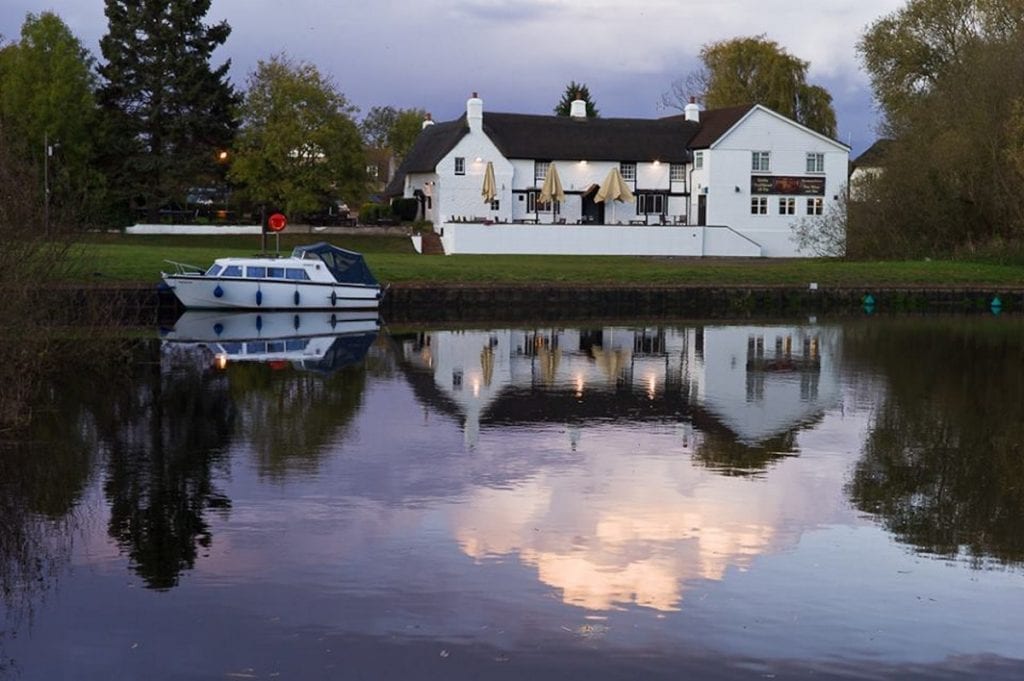
The oldest pub in the UK
Taverns and alehouses began to accompany drinks with food and, together with inns, became known as Public Houses, shortened to pubs during the reign of Henry VII of England in the second half of the 15th century. The first law providing an official licence for innkeepers traces back to 1552, when pubs were mostly divided between bar corner, rooms and several halls to cater for all social classes. Even today there are still many pubs with upstairs rooms, including what it is said to be the oldest in the UK, The Old Ferryboat Inn in Holywell, Cambridgeshire. The proprietor claims that alcohol sales date back to A.D. 560, although the inn wasn't officially established until the 15th century. Like any self-respecting old inn, the Ferryboat has its own legend: it is said to be inhabited by a supernatural presence, the ghost of Juliet Tewsley, the teenager who took her own life in A.D. 1050. The pub was presumably built over her grave, so on the anniversary of her death the spirit returns to visit guests, causing sleepless nights.
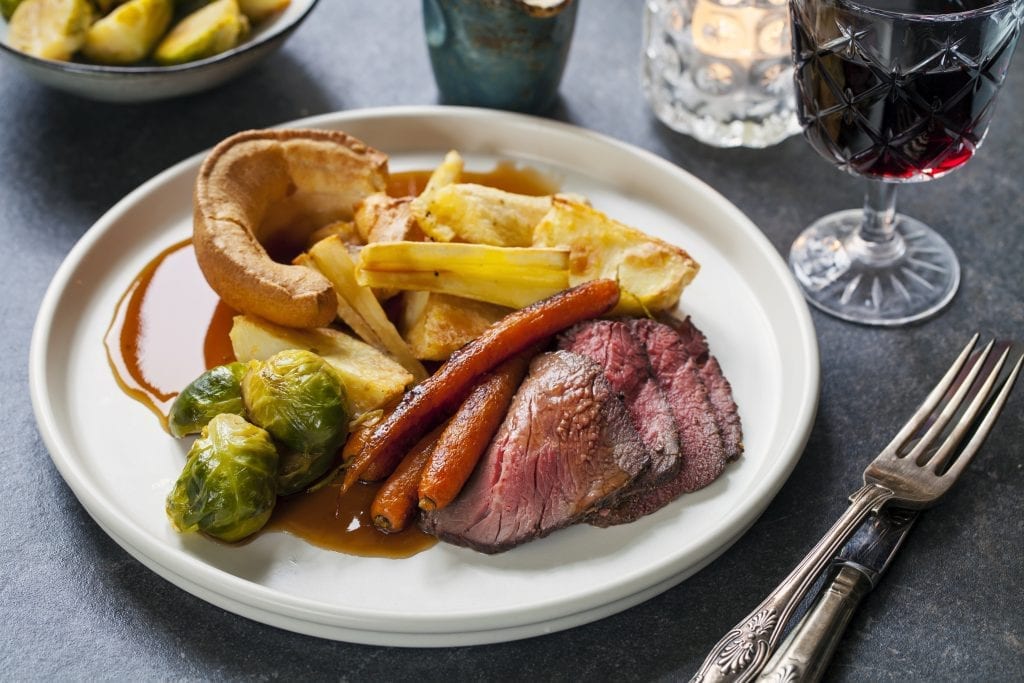
What to eat in English pubs
Folklore aside, besides being a favourite spot for knocking-off time, pubs are the ideal place to try typical English food. Starting with a full English breakfast of scrambled eggs, bacon, toast, mushrooms and grilled tomatoes (as well as sausages, black pudding, baked beans...), a medieval tradition to ensure the farmers a proper nutritional intake to face the work in the fields. Then there's the traditional Sunday Roast, the Sunday lunch with roast beef, roast potatoes, Yorkshire puds (muffin-like batters baked in the oven), pigs in blankets (bacon-wrapped pork sausages) and roasted vegetables all covered in gravy, made from the meat's cooking juices enriched with herbs and spices, broth and a little flour for texture. The shepherd's Pie is also on the menu, the iconic meat and potato pie among the favourite comfort food of the British, along with the toad-in-the-hole, made up of Yorkshire puds and sausages (another great British pub classic), or a good bacon sandwich. The baked ham could not be missing, hamburgers with fries and sometimes even Cornish pasty, a savoury puff pastry dumpling perfect for a quick snack.
by Michela Becchi

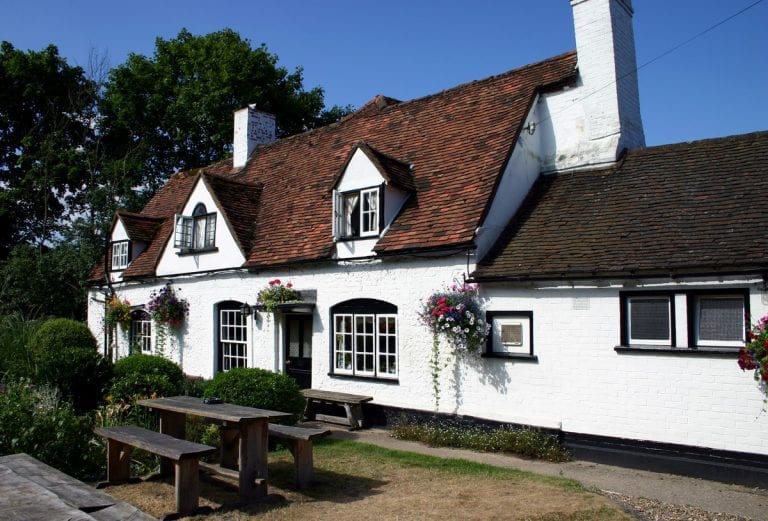
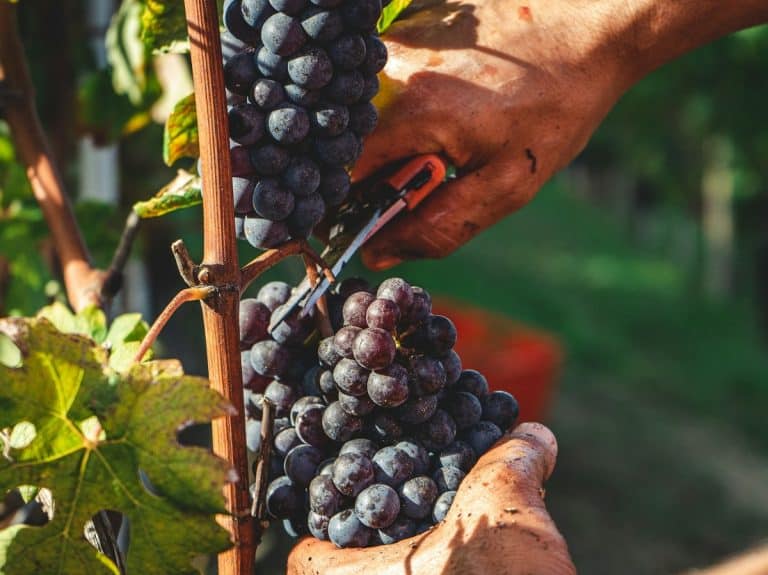 Wine promotion, vineyard uprooting, and support for dealcoholised wines: the European Commission's historic compromise on viticulture
Wine promotion, vineyard uprooting, and support for dealcoholised wines: the European Commission's historic compromise on viticulture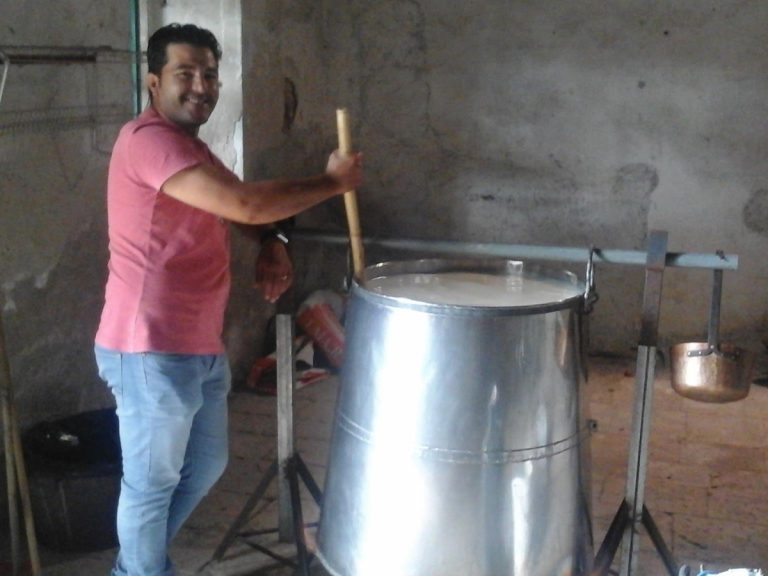 A small Sicilian farmer with 40 cows wins silver at the World Cheese Awards
A small Sicilian farmer with 40 cows wins silver at the World Cheese Awards Women are the best sommeliers. Here are the scientific studies
Women are the best sommeliers. Here are the scientific studies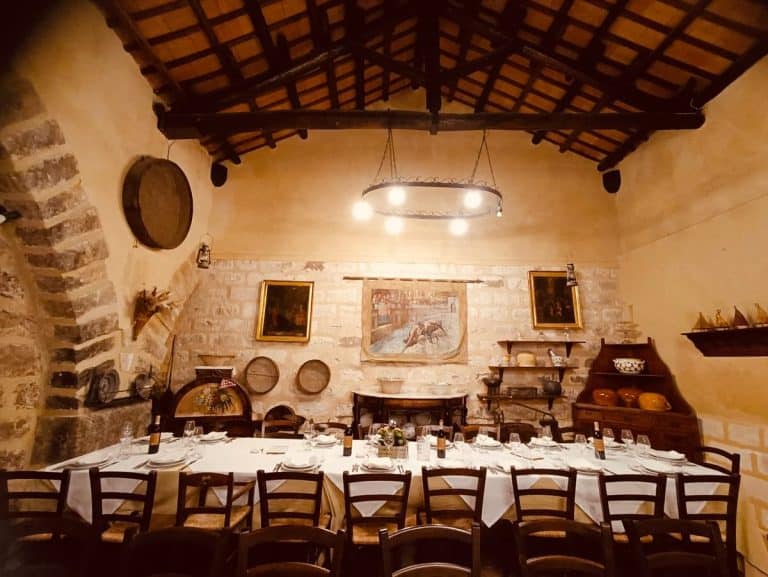 Where to eat at a farm stay in Sicily: the best addresses in the Provinces of Trapani, Palermo, and Agrigento
Where to eat at a farm stay in Sicily: the best addresses in the Provinces of Trapani, Palermo, and Agrigento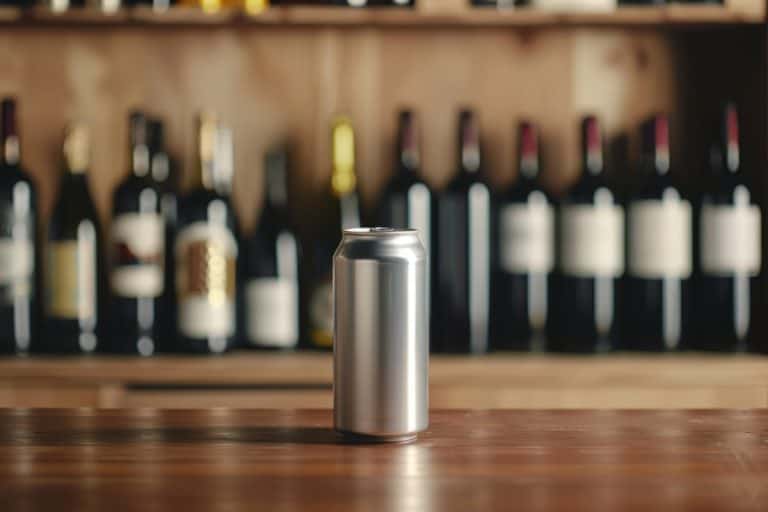 Wine in cans, bottle-fermented, and alcohol free: the unstoppable change in Gen Z’s tastes
Wine in cans, bottle-fermented, and alcohol free: the unstoppable change in Gen Z’s tastes